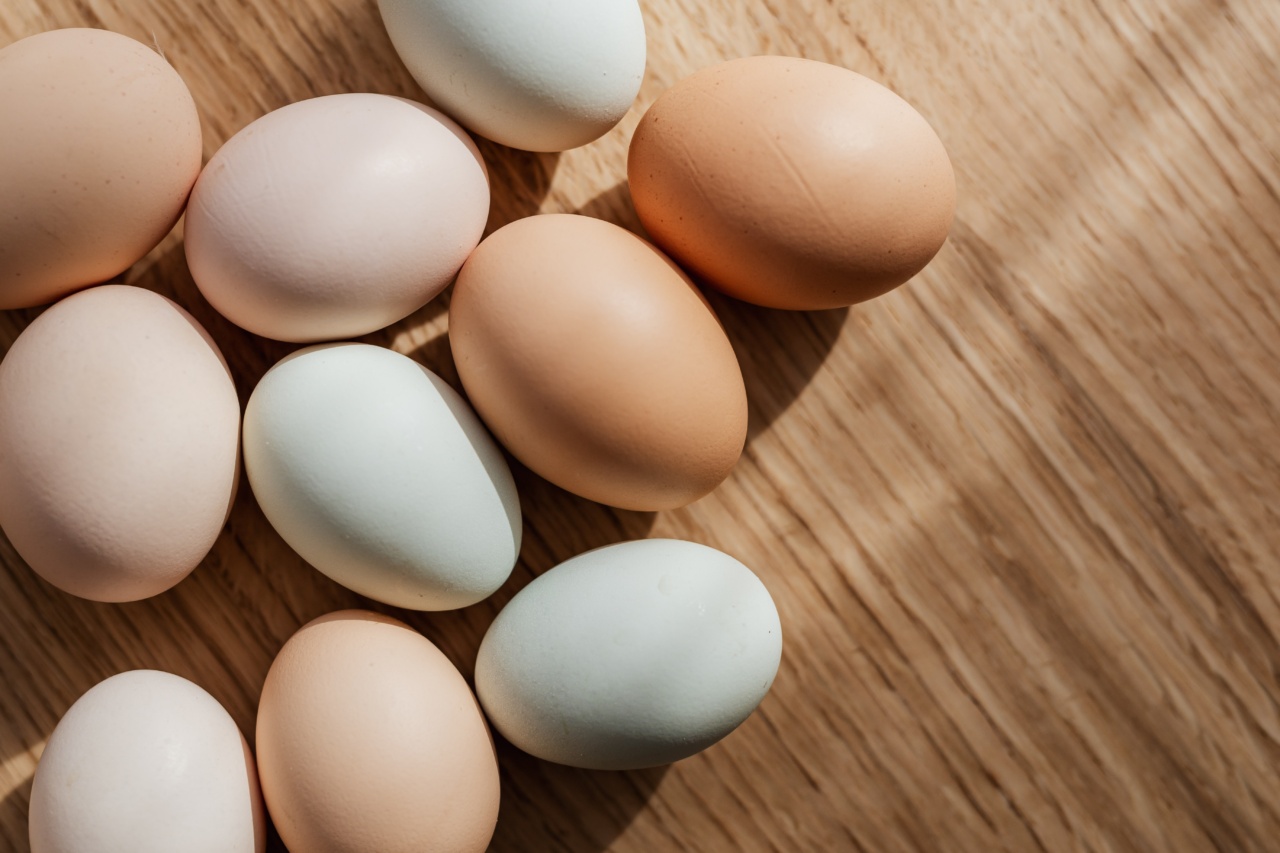When it comes to our health, good nutrition and proper medication play vital roles in maintaining wellness. However, certain combinations of foods and medicines can have undesirable effects on our bodies.
It’s crucial to be aware of these potentially harmful interactions to ensure the effectiveness and safety of the medications we consume. In this article, we will explore some common food and medicine combinations that should never be mixed together.
1. Grapefruit and Medications
Grapefruit, although considered a healthy fruit, can interfere with the effectiveness of various medications. This citrus fruit contains compounds that inhibit specific enzymes responsible for breaking down certain drugs in our bodies.
As a result, combining grapefruit or its juice with medications like statins (cholesterol-lowering drugs), antihistamines, anti-anxiety medications, and some blood pressure medications can lead to increased drug levels in the bloodstream, causing potential side effects and complications.
2. Dairy Products and Antibiotics
While dairy products offer numerous health benefits, such as calcium and vitamin D, they can impede the absorption of certain antibiotics.
Calcium-rich foods such as milk, cheese, and yogurt can bind to antibiotics like tetracyclines and fluoroquinolones, preventing their optimal absorption into the bloodstream. To ensure the effectiveness of these antibiotics, it’s advisable to avoid consuming dairy products within a few hours of taking them.
3. Alcohol and Pain Medications
Alcohol and pain medications, including over-the-counter options like acetaminophen and ibuprofen, should never be mixed.
Alcohol can intensify the side effects of these medications, increasing the risk of liver damage, stomach bleeding, and even kidney problems. It’s essential to read medication labels carefully and avoid consuming alcohol while taking pain relievers.
4. High-Fiber Foods and Thyroid Medications
Foods high in fiber, such as whole grains, beans, and certain fruits and vegetables, may interfere with the absorption of thyroid medications. Fiber can bind to these medications, preventing their proper assimilation into the body.
To ensure optimal effectiveness of thyroid medications, it’s recommended to wait a few hours after taking them before consuming high-fiber foods.
5. Leafy Greens and Blood Thinners
Vitamin K-rich leafy greens, such as spinach, kale, and broccoli, can affect the function of blood thinners like warfarin. These medications work by reducing the blood’s ability to clot, while vitamin K promotes clotting.
Consuming large amounts of vitamin K-rich foods can interfere with the blood-thinning effect of these medications. To maintain the proper balance, it’s important to consume these foods consistently while on blood thinners, keeping vitamin K intake consistent from day to day.
6. Tyramine-Rich Foods and MAOIs
Monamine oxidase inhibitors (MAOIs) are a class of antidepressant medications that can have dangerous interactions with certain foods.
Foods high in tyramine, such as aged cheeses, cured meats, sauerkraut, and soy products, can cause a sudden increase in blood pressure when consumed with MAOIs. This reaction can lead to a severe hypertensive crisis. If you are prescribed MAOIs, it’s crucial to follow a strict, tyramine-restricted diet.
7. Caffeine and Stimulant Medications
Caffeine, found in coffee, tea, energy drinks, and chocolate, can amplify the effects of stimulant medications. Combining caffeine with drugs like Ritalin or Adderall can lead to increased heart rate, high blood pressure, and nervousness.
It’s advisable to limit caffeine intake or avoid it altogether while taking stimulant medications.
8. Vitamin K Supplements and Blood Thinners
Supplements containing vitamin K can counteract the effects of blood thinners, just like vitamin K-rich foods.
If you are on blood thinners, it’s essential to discuss your vitamin K intake, including supplements, with your healthcare provider to ensure the medication’s effectiveness.
9. Spicy Foods and Acid Reflux Medications
Spicy foods, known to trigger acid reflux symptoms, can also reduce the effectiveness of medications designed to combat acid reflux. These medications work by reducing stomach acid levels, while spicy foods can increase acid production.
Avoiding spicy foods when taking acid reflux medications can help maximize their effectiveness and alleviate symptoms.
10. Potassium-Rich Foods and ACE Inhibitors
ACE inhibitors, often prescribed for high blood pressure and heart failure, can cause an increase in potassium levels in the body.
Consuming foods high in potassium, such as bananas, oranges, and spinach, while on ACE inhibitors can potentially lead to excessive potassium accumulation, resulting in hyperkalemia. It’s best to moderate your potassium intake and consult with your healthcare provider regarding the appropriate levels of this mineral.
It’s important to note that this list is not exhaustive, and there may be other specific food and medicine combinations that should be avoided.
Consulting with a healthcare professional or pharmacist about potential interactions is always advisable, especially if you have any pre-existing health conditions or are taking multiple medications simultaneously.
By being cautious about the food and medicine combinations we consume, we can ensure the safety and effectiveness of our medications while maintaining a healthy diet. Awareness and informed decision-making are key to safeguarding our well-being.






























